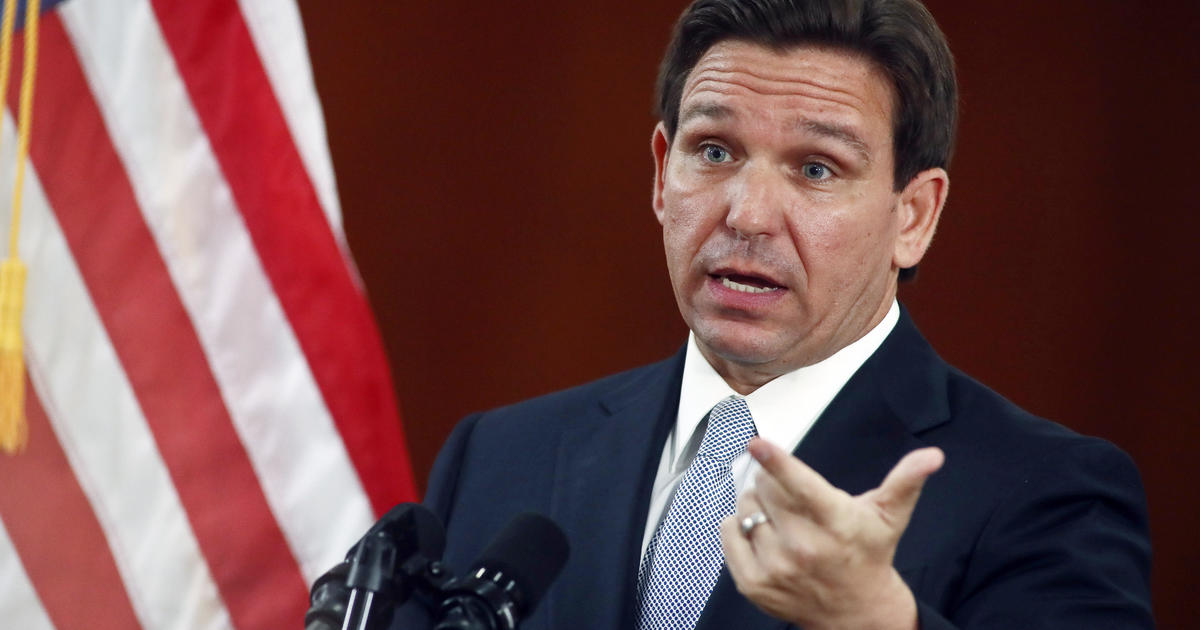'Bill Misfires So Badly': Florida Law Designed To Stop Big Tech Censorship Already Being Challenged
MIAMI (CBSMiami) – It's been just a few days since Gov. Ron DeSantis signed the state's new big tech social media law, but already its being challenged.
"This bill misfires so badly that legislators worry that the governor was going to make the internet a safe space for and I quote, 'Nazis, child molesters and pedophiles.' And that's coming from the governor's allies, so it is necessary for the industry to get into court and show why this law has to be stopped," said Matt Schruers, president of the Computer & Communications Industry Association.
The law, which take effect July 1, would fine companies like Google, Facebook and Twitter $250,000 a day for removing statewide office seekers and $25,000 a day for other candidates. But, Schruers said the bill goes a lot further than fining companies for removing politicians.
"The scope of the bill goes far beyond major tech companies, and could potentially impact anyone who is offering a small online service and has a large enough user base. This would effectively tie the hands of companies from taking down bad actors and removing posts from people who are posting terrible things. Technically, under this law people can't even take down illegal post," added Schruers.
But at the bill's signing governor disagreed.
"Silicon Valley has been acting as a council of censors, they cancel people, when mobs come after people they will pull them down, they shadow ban people which created partisan echo chambers, and honestly, they are some of the major reasons why this country is divided for doing what they are doing," said DeSantis.
But, UM law professor Caroline Mala Corbin said the law won't stand up in court.
"This bill will not survive a legal challenge it has at least two major problems each of which is fatal to its survival," added Corbin.
The first problem is there's already federal law which governs social media companies, and state law cannot preempt federal. Corbin said the second issue is its constitutionality.
"The free speech clause of the U.S. Constitution protects your right to speak. It also protects your right not to speak. So not only can the government not censor your speech, it cannot force you to speak when you don't want to and that's what this law does," said Corbin.



